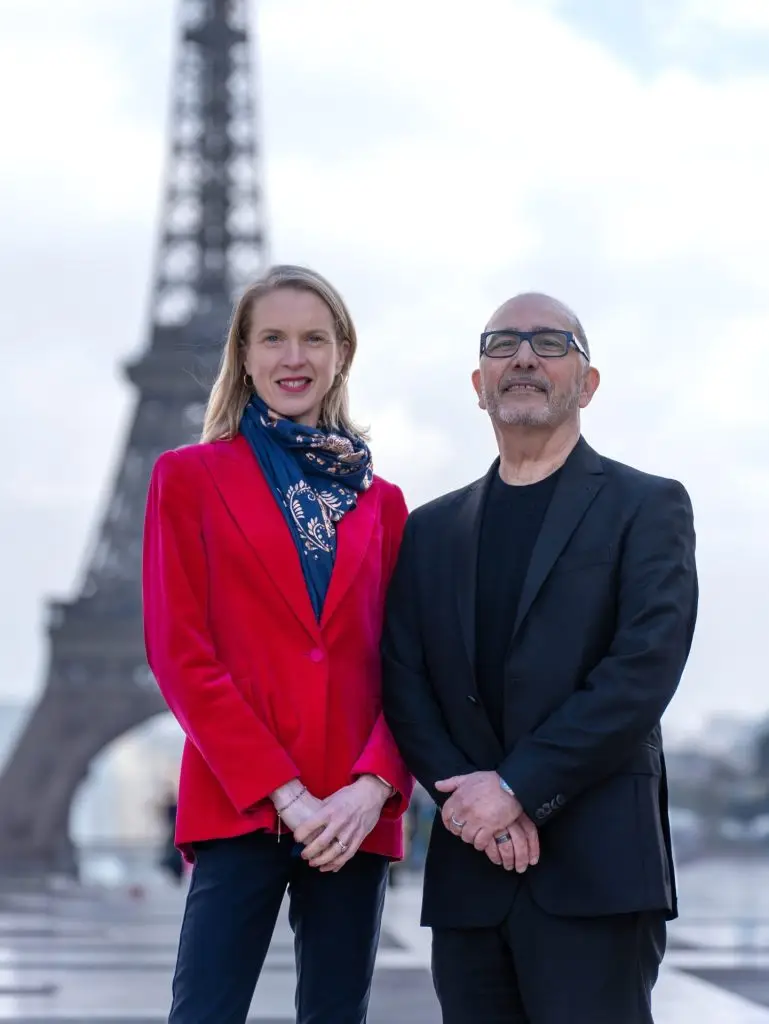Do brands still need media relations? It’s a question that’s being asked globally, but one that has particular resonance here in France.
In an era where advertisers swear by influencers and programmatic advertising, the question is legitimate.
Where traditional media relations stand out is trust. The strongest and best media outlets remain one of the most credible ways for brands to share their stories. The rise of generative AI means that real, insightful information is more valuable than ever.
The Reign of Fake News
According to a study by ID Crypt Global, 1.5 billion false publications circulate daily on major social media platforms. There are nearly a billion fake views on LinkedIn alone. The spread of misinformation is largely driven by “super spreaders” – who shared the majority of falsehoods despite representing just 8% of Facebook and X users.
The consequences are clear: trust in social media in France as an information source is plummeting. According to the latest La Croix newspaper barometer, only:
- 23% of French people trust the news they see on Facebook,
- 15% trust content on X,
- 12% trust TikTok news.
Media Relations: A Gateway to Credible Information
Despite the prevailing skepticism that permeates contemporary French society, traditional media still retain a reservoir of trust. While 62% of French people say they are wary of narratives on major current events, they continue to rely on established outlets.
Here are the numbers:
- Le Monde (the largest French newspaper), local newspapers, and public service media are trusted by more than 50% of the population
- 56% trust 24 hour news channels, while 69% trust traditionnel TV broadcasts
- Meanwhile, the number for influencers: just 19%
France is bucking the long-term trend towards media mistrust. Even the often-pessimistic Edelman Trust Barometer (2025) shows a 5% increase in trust in French media, contrasting with a 2% decline in Germany.
Brands, whether they are new to the French market or have been present for decades, need to tap into othis credibility. By engaging with journalists, they subject their messages to editorial scrutiny—an essential process that reinforces transparency and authenticity.
When a reporter doesn’t believe in something or disagrees with it, they will let you know. In an age of rampant misinformation, Media Relations serve as a counterbalance, providing clarity and legitimacy.
Media Relations: A Key Player in the AI Revolution
As in so many areas, AI is acting as an accelerator here.
Generative AI models heavily rely on media sources to train their algorithms. A brand featured in a reputable publication is more likely to surface in AI-generated responses, whether for research or for external use.
While AI companies have long exploited journalistic content without regard for copyright, the tide is turning. Agreements between Le Monde and OpenAI, or Meta and Reuters, highlight a growing trend: AI operators are now required to legally source media content.
France and the broader European Union are leading the way here. Europe passed the AI Act, the first major Western bloc of nations to have comprehensive AI legislation. Article 53 of the Act, mandating transparency in the use of content for AI training, will come into force this August.
Media Relations: More Relevant Than Ever
These factors are converging in today’s France to make media relations a very powerful tool. The right stories provide a legitimate platform for brand messaging and offer a crucial gateway to AI-driven search.
François Ramaget is the head of Cognito’s Paris office





